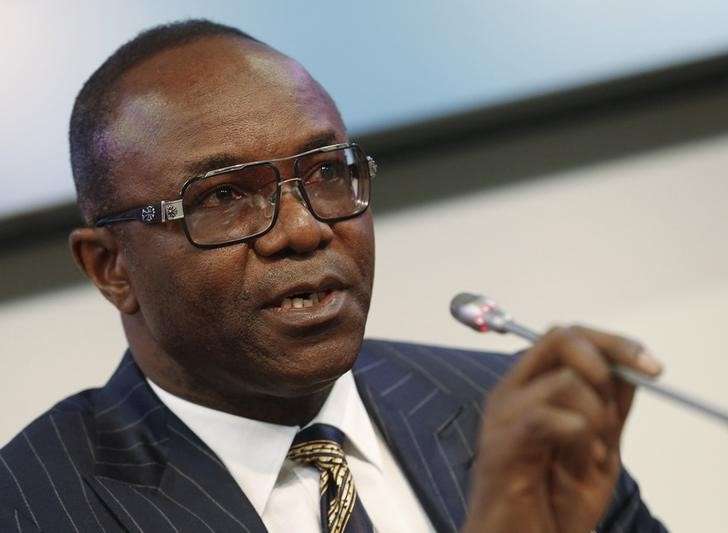Minister of State for Petroleum Resources, Dr. Ibe Kachikwu, has said that infrastructure deficit in Nigeria has risen to $15billion, He said this challenge was another critical factor area the decline in oil price has affected.
He added that this situation arose because the government is mainly responsible for the provision of infrastructure, with less private sector engagement.
Kachikwu stated this at the 2017 Society of Petroleum Engineers Nigeria Annual International Conference & Exhibition (NAICE) in Lagos, with the theme: “Building the Waves of Boom and Burst: Common Objectives Diverse.”
He said that the private sector is key in fixing the infrastructure deficit affecting the industry.
“The whole idea of new petroleum policy is to move the private sector into financing part of the project, because government cannot do it alone,” he said.
The nation’s oil and gas sector, according to him, lacked the needed investment due to insecurity and inconsistent policy in the country. “Investors prefer to invest the limited resources elsewhere in African countries; so, what Nigeria is losing, other countries in Africa are gaining it. The situation was very challenging when it comes to losing opportunity arising from investment. For the first time in the oil sector, the decline in the oil price resulted into loss of jobs,” he said. The minister said boom and burst had become the way of life in oil and gas sector. “I think, we have had about five circles of burst and boom over the last 35 years; and each time we begin as if we did not expect it.
The boom and burst has become the nature of oil; and we should not be surprised anymore. Over 80 per cent decline in world oil price was recorded between 2014 and 2016 with oil price falling between 25 dollars per barrel. All the same, we have managed through the principles of Organisation of Petroleum Exporting Countries,OPEC, to keep the price going between 45 and 50 dollars per barrel. For now, our expectations between the year 2017 and 2018, is to keep the price to$60 per barrel,” he said. However, the minister stated that countries and people were moving away from oil, adding that electric motors were taking over globally. He said,
“In the next 20 to 25 years, oil lifespan will expire, so we just need only five years to make a change of policy in the sector. We must make a traumatic decision on oil sector to survive the innovation.
The country needs a consistent policy and deal with inefficiency in our system to survive the trend.” However, Mr. Saka Matemilola, the SPE Nigeria Council, said the conference was to disseminate information on the oil and gas sector.
Matemilola said the petroleum sector remained the main focus in the country economy, adding that the current challenges in the oil sector provided the necessary catalyst for opportunities in the country.




